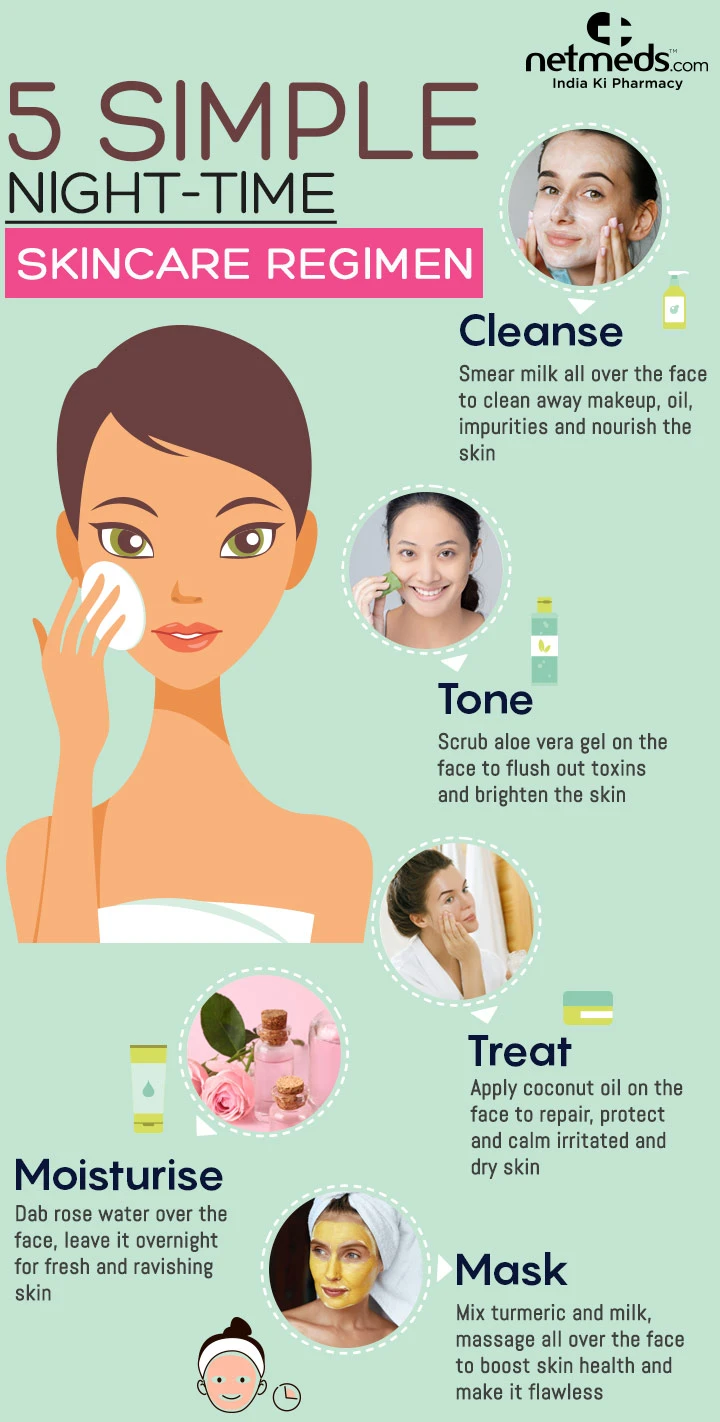What skincare should i use at night
What Skincare Should I Use at Night? – Here is a Word Guide
Nighttime is when your skin goes into repair and regeneration mode. While you sleep, your body increases cell turnover, repairs damage from environmental stressors, and produces more collagen. A good nighttime skincare routine supports these natural processes, helping your skin recover, hydrate, and rejuvenate. The right products and steps can lead to smoother, brighter, and healthier skin by morning.
Here’s a comprehensive guide on what skincare to use at night and why each step matters.
1. Cleanser
The first step in any nighttime skincare routine is cleansing. Throughout the day, your skin collects dirt, oil, makeup, and pollution particles. A good cleanser removes these impurities, preventing clogged pores and breakouts.
-
Oil-based cleanser (for double cleansing): Removes makeup and sunscreen.
-
Water-based cleanser: Gently cleanses without stripping your skin of moisture.
If you wear makeup or SPF, double cleansing is especially helpful. Start with an oil cleanser, then follow with a gentle water-based cleanser.
2. Toner (Optional)
Toner helps balance your skin’s pH and removes any remaining residue after cleansing. It also preps your skin to absorb serums and moisturizers better.
Look for toners with hydrating ingredients like hyaluronic acid or soothing ingredients like chamomile or rose water. Avoid alcohol-based toners, especially if you have sensitive or dry skin.
3. Serums or Treatments
This is the treatment phase of your routine, where you apply products targeting specific skin concerns such as acne, fine lines, dark spots, or dullness.
-
Retinol or Retinoids: Boost collagen, improve texture, and reduce acne and wrinkles (use only at night).
-
Niacinamide: Helps with oil control, redness, and uneven tone.
-
Hyaluronic Acid: Deep hydration to plump the skin.
-
AHAs/BHAs: Exfoliate dead skin cells and clear pores (use 2–3 times a week).
Only apply one or two active ingredients at a time to avoid irritation, especially with potent treatments like retinol or acids.
4. Eye Cream
The delicate skin around your eyes needs special care. Use an eye cream to address issues like puffiness, dark circles, or fine lines. Apply a pea-sized amount and gently tap it in with your ring finger to avoid tugging.
5. Moisturizer or Night Cream
At night, your skin loses more moisture, so hydration is essential. A good nighttime moisturizer helps repair the skin barrier and lock in all the treatment steps you’ve applied.
Choose a richer cream or a sleeping mask if you have dry skin. For oily or acne-prone skin, a gel-based moisturizer can provide hydration without clogging pores.
6. Face Oil (Optional)
If your skin is particularly dry, adding a face oil as the last step can help seal in moisture. Look for oils like rosehip, squalane, or jojoba, which nourish the skin without feeling too greasy.
Final Tips:
-
Be consistent: Results take time.
-
Don’t skip moisturizer, even if your skin feels oily.
-
Introduce strong actives like retinol gradually.
-
Avoid using exfoliants and retinoids on the same night unless advised by a dermatologist.
Conclusion
A proper nighttime skincare routine involves cleansing, treating, and deeply hydrating the skin. Use ingredients that repair and restore your skin while you sleep, such as retinol, hyaluronic acid, and moisturizers tailored to your skin type. With the right products and consistency, your nighttime skincare can be a powerful tool for maintaining healthy, glowing skin.

Related Blog
What Causes Oily Skin and Can It Be Managed Naturally? Exploring Root Causes and Gentle Solutions
Aug 2, 2025 by Admin
General
What Are the Signs That You Have Sensitive Skin? Key Symptoms to Help You Identify This Delicate Skin Type
Aug 1, 2025 by Admin
General